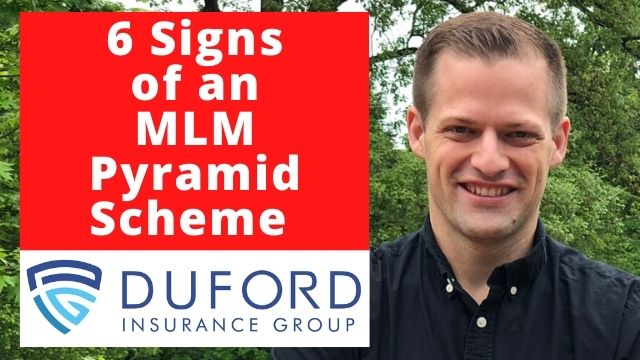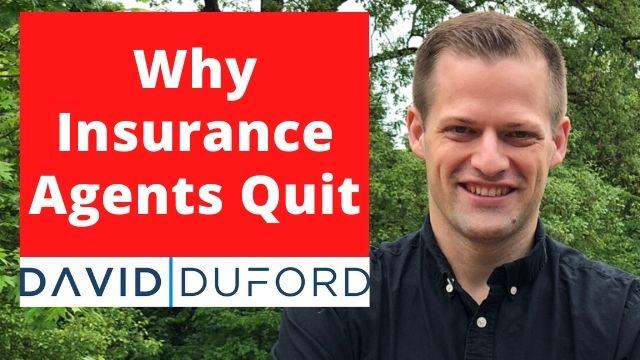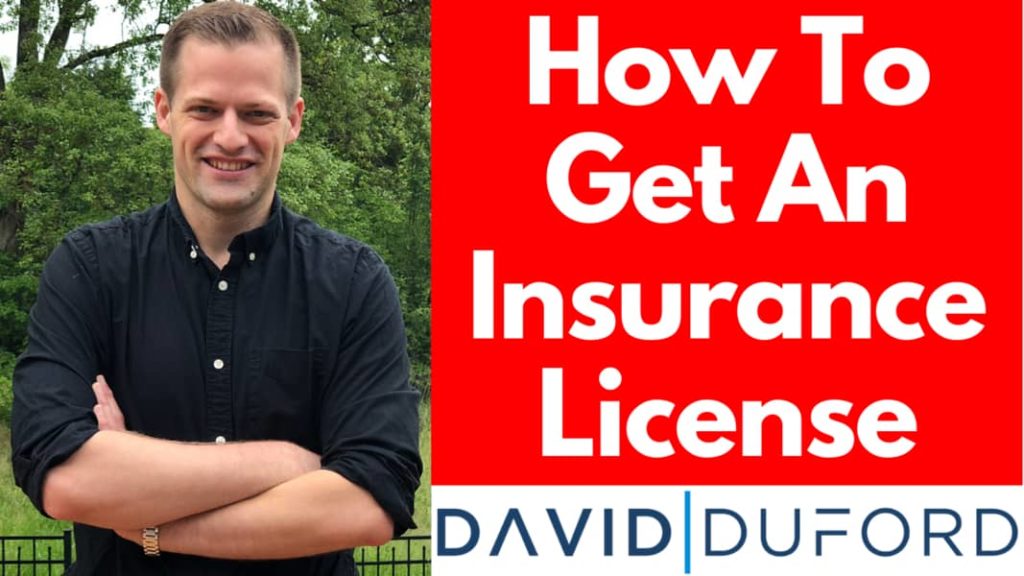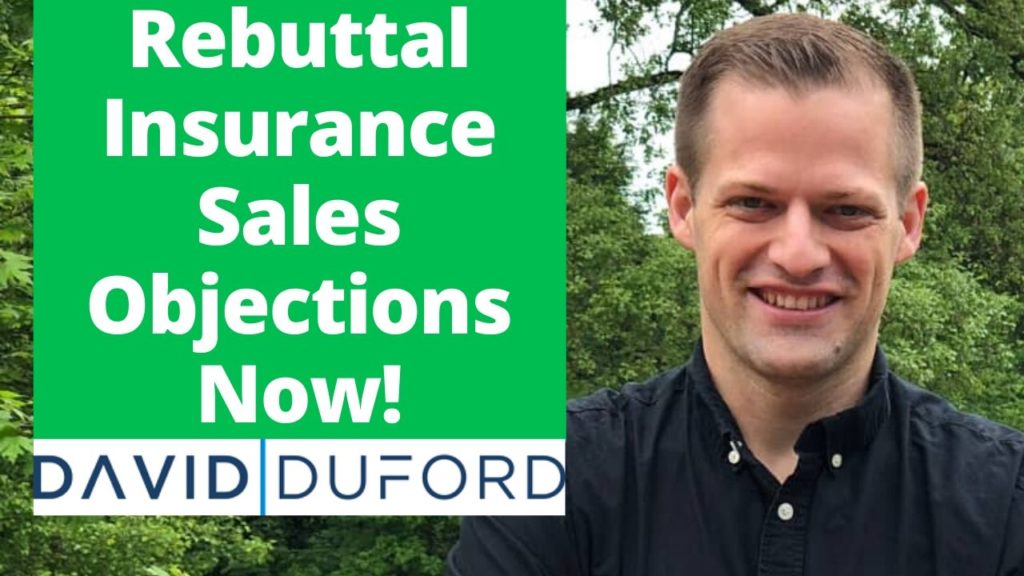Are you frustrated trying to deal with insurance sales objections?
PICTURE THIS…
You’re in an insurance sales presentation with your prospect.
You’ve pre-qualified your prospect, enthusiastically educated your future client on why doing business with you is a good idea, and you’ve made the offer.
Your prospect looks up, sighs, and says…
“Looks good, but I need to think about it,” or,
“I don’t really know,” or,
“I can’t afford it.”
Isn’t this frustrating?
Unanswered insurance objections kill far too many deals that could otherwise be overcome.
Do you want to learn a foolproof process to rebuttal ANY and ALL life insurance sales objections?
If so, you’ve found the right article!
Today, I’ll discuss my objection rebuttal script in dealing with the 3 most common insurance objections.
You’ll learn a simple-to-duplicate process in turning around not only these 3 objections, but also how to turn around ANY insurance presentation objection.
Let’s begin!
NOTE: Are you an aspiring or new insurance agent looking for more insight on how the insurance sales industry works? Check out my free New Insurance Agent Resource Guide to help answer many of your questions (as well as ones you didn’t know you had!).
Quick Navigation Article Links
-
- Need To Think About It
-
- Can’t Afford It
-
- No Need
Insurance Sales Objection #1: “I Need To Think About It”
Of all the life insurance objections we’ll hear, “I need to think about it” is the most common and most frustrating to deal with.
So let’s spend time discussing the mindset behind the objection first.
Then, I’ll detail the word-for-word rebuttal to overcome the objection.
Sometimes, People Don’t Mean What They Say
With any objection, do remember what you hear isn’t necessarily the whole picture.
In fact, the initial objection isn’t all too meaningful in truly telling us where the client is held up.
That’s why the, “I need to think about it,” sales objection doesn’t really tell you much.
How do you handle it then?
-
- You want a prepared rebuttal script to seek further understanding (coming shortly), and
-
- You want your rebuttal script to go deeper into the client’s initial objection.
Here’s how I mean…
Go Deeper
You want your insurance objection rebuttal script to “remove the layer of that onion,”, so you get to the core of their concerns.
Simply put, most prospects will NOT demonstrate brutal honesty, opting to be polite.
With that said, here’s the script when your insurance prospect says,
“Dave, I like this, but I need to think about it”?
You simply say…
“Mr. Jones, it’s totally fine. And when you say you need to think about it, how do you mean?”
Let’s break down why this life insurance sales objection works so well.
Why It Works
First, this script lowers resistance.
Many prospects presume confrontation, thinking the agent will tell him he’s an idiot and begin to hard-sell.
Even if I’ve demonstrated professionalism throughout the presentation, prospects almost always assume the worst, and tell white lies like “I need to think about it” to avoid confrontation.
This is why I start the objection rebuttal with:
“Mr. Jones, it’s totally fine.”
I want to assure them I understand their resistance on some level and accept their objection at face value.
Also, VERY important…
Tonality Modulation
Make sure to modulate your tonality to exude assurance and acceptance.
I typically drop my voice lower when I say “it’s totally fine,” relative to saying “Mr. Jones.”
Here’s a recording of me saying the script so you can better understand how I modulate my voice.
Going forward, I continue the rebuttal, saying,
“And when you say, ‘I need to think about it,’ how do you mean?”
My tonality is not accusatory or aggressive.
Instead, it’s genuinely inquisitive. Think how a psychologist would talk with his patient. That’s what we want =).
Better yet, listen to my example below to hear how you should sound:
What happens after you rebuttal with this script?
One of two things happens:
-
- The prospect doubles down on the smoke screen, using more wishy-washy, non-commitment type of language, or
-
- Now at ease, the prospect dives into what REALLY the core issue is.
And that’s great!
Salespeople can better work with substantive objections.
Isolating The Objection
Once you’ve determined her hang-up, you can isolate her objection.
We isolate objections to ensure there are no other objections to handle.
That way we have stronger assurances that we can get the sale than if we didn’t.
Here’s how you do it…
When your prospect offers a substantive objection like.
“I don’t know if I can afford this.”
You say,
“Mr. Jones, it’s totally fine. And I really appreciate you telling me that. Besides affordability, is there any other reason you would not move forward with buying today?”
Your client either says,
“No, that’s pretty much it,” or,
“Yeah, there’s this too.”
If you hear another objection, smoke it out following the same process above.
Then isolate the additional objection using the same script above.
Once you’re client agrees there are no other objections, you say the following:
“Mr. Jones, tell me if I’m hearing you right. If I can find you a plan that IS affordable, is there ANY reason you would NOT move forward today?”
Here’s how the script should sound tonality-wise:
Then, most important of all, be QUIET! =)
Give your prospect time to think over your proposition.
She’ll say yes or no.
And if she says no, guess what? There’s more objections you need to overcome.
However, if your prospect says YES…
You now have the ability to close them if you can deliver on your proposition.
For example, if price is an issue, I like the “something is better than nothing” rebuttal.
Here’s the script:
“Mrs. Jones, that’s great to hear. Clearly, you’ve said it’s important to own life insurance and do not want your daughter paying your funeral expenses, right? And would I be correct in stating that NOT paying for life insurance you are in fact NOT solving your problem of paying final expenses, right?
“So here’s my proposition. Since budget is important, let’s start with LESS coverage to begin and work on adding more later once it makes sense. Sure, it’s less coverage than you want. HOWEVER, would your daughter prefer you having SOME coverage in place, or NO coverage in place? Good, and could you spell your daughter’s first and last name? (transition statement to the close).”
Here’s how the sample script should sound.
Notice the empathy and concern for helping the client solve her problem. There’s no aggression or hard-selling here:
Insurance Sales Objection #2: I Can’t Afford This
Another insurance objection you’ll hear is, “I can’t afford this.”
Let’s use the same process above to better understand how we can apply the same script above to this different objection.
If your client says, “I can’t afford this,” you say,
“That’s fine, Mr. Jones. Affordability is really important. Look, I’ve got a family and bills to pay too, so I totally get it. My question to you is this: is there any other issue besides affordability that would cause you from doing business today?”
If the prospect says no, then do your conditional close as scripted above:
“Good, and if we can find something else that is affordable for you that satisfies what you’re looking to do, can we move forward?”
Sometimes in selling life insurance, agents hard-sell too much on persuading prospects to buy large-premium life insurance.
While big sales are great, realize it’s more important to make your prospect a client, even if that means selling them a smaller plan.
If all you do is write a small policy, you now have a trusted client who you will do more business and get referrals from for years to come.
In fact, many times your clients who bought from you will soon buy from you later, if you do a good job servicing your clients, and selling them a policy that betters their insurance situation.
Selling Insurance Objection #3: I Don’t Need It
Sometimes, your prospects will say:
“I really don’t think that I need this.”
Of all the life insurance sales objections we experience, this is probably the most difficult to deal with.
Why?
Many times, this objection originates to your ability to pre-qualify your prospect.
So, even though we use the same process as mentioned above, dealing with this objection is a two-fold process.
Pre-Qualify
First step to overcoming need-based objections is to ensure the agent is effectively pre-qualifying.
I teach agents as Ben Feldman puts it to ask “disturbing questions” early on in the sales presentation.
Typically open-ended, these disturbing insurance sales questions drive at the heart of where the prospect’s concerns lie, all in an effort to qualify the need for insurance.
For example, in selling final expense, Medicare Supplements, or annuities, it’s vital that you uncover a visceral need for what your insurance product solves from an early point in the sales process.
Many times when training agents, I describe what I want them to do as having the prospect picture the hearse backed up against the front porch.
And many times, asking open-ended questions is the “secret sauce” to creating – and uncovering – real need for what you sell.
Now let’s address how you actually apply your insurance objection-handling process to this scenario, assuming you followed my directions on asking “disturbing questions” from the beginning:
Your prospect says,
“I don’t think I need this.”
You say,
“That’s fine, Mr. Prospect. And when you say you don’t think you need this, how do you mean?”
Your prospect will reference something like having money saved already, or just paying out of pocket as a better idea.
Whatever the reason is, IF you did a good idea of building the reason why she should buy, then simply reference BACK to HER OWN WORDS, after you isolate out any other objection:
“I see, Mr. Prospect. And besides feeling you have no need for this, is there anything else stopping you from moving forward today?
“Great. So, correct me if I’m wrong, Mr. Prospect, but you said you NEED this program, isn’t that right? You said without coverage, your daughter will be in trouble, correct? That’s right, and here’s the thing. NOT paying the premium does NOT solve the problem. It’s taking out coverage TODAY for a need YOU have is the solution. So which one of these options work best for you?”
Final Thoughts

In conclusion, rebuttals to insurance sales objections must be well-crafted and well-worded.
Also, you must develop the ability to say the rebuttals on the turn of a dime.
Practice and repetition is vital for your success in naturally rebuttaling life insurance sales objections.
Also, remember that folks objecting are not necessarily uninterested.
In fact, you may have a VERY serious prospect that is held up on some minor issue.
It’s your job to isolate that insurance sales objection, then go to work on overcoming it by reaffirming the prospect’s need, or through helping clarify the prospect’s perspective.
And just as important, you must become GOOD at pre-qualifying early in your sales presentation.
Because the better you get at pre-qualifying, the less insurance sales objections you’ll have to rebuttal.
Interested in learning more about joining my agency to sell final expense, Medicare Advantage, annuities, or mortgage protection?
Click the link here to find out more. Thanks for reading!


January 03, 2023

January 03, 2023

January 03, 2023
